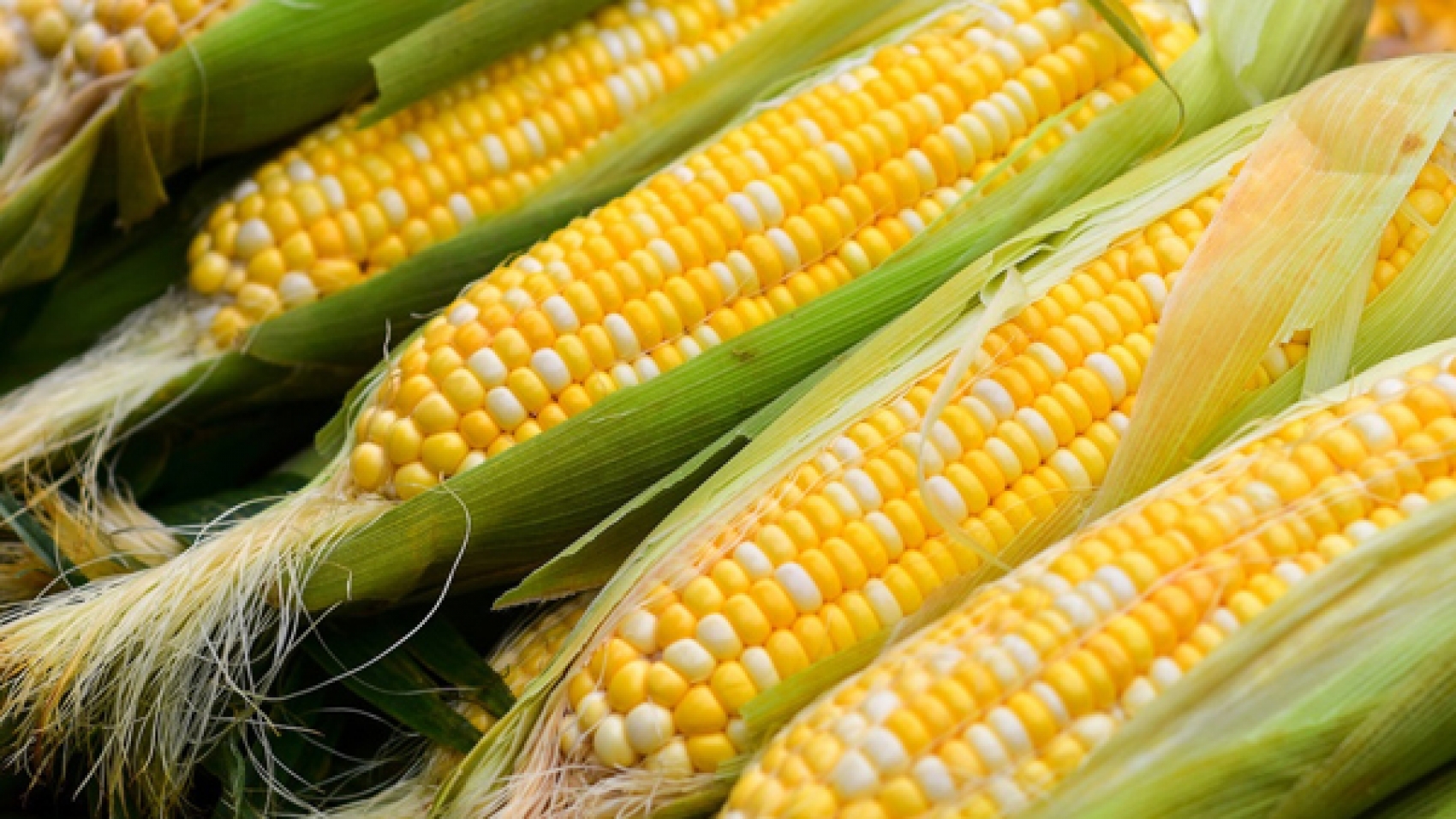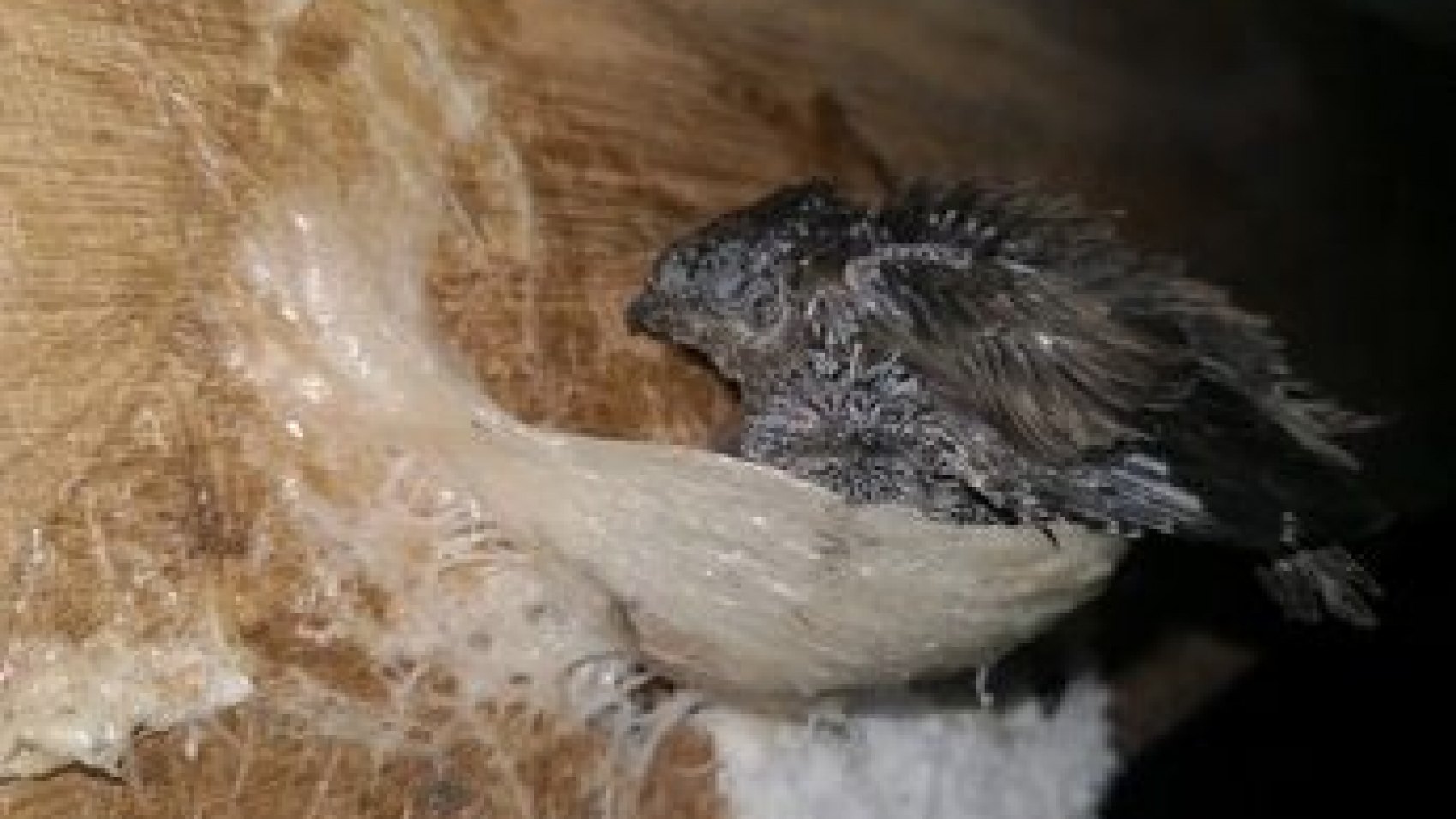Ministry of Agriculture, Livestock and Irrigation and the General Administration of Quality Supervision, Inspection and Quarantine of the People’s Republic of China (AQSIQ) signed an agreement on 31 January 2022 regarding SPS Protocol (Sanitary and Phytosanitary Protocol) for biosecurity, for Myanmar to legally ship maize to China on a trial run. The SPS protocol is a must for legitimate export to China, the main trade partner of agricultural products with Myanmar.
According to the agreement, Myanmar can export maize grains to China through maritime route and border channels. This agreement will boost the legitimate agro trading between Myanmar and China and bring about the interest of the growers. MoALI and GACC officials signed the agreement to meet SPS protocol requirements on exports of rice and broken rice in January 2020 during Chinese President Xi Jinping’s visit to Myanmar, along with the fruitful negotiation of the live cattle trade.
At present, the establishment of an animal quarantine station is underway in the respective border posts to continue the live cattle trade. One station has been set up in Kutkai Township. Furthermore, a series of negotiations between MoALI and Chinese counterparts are being undertaken for soybean, cassava and sweet potato. Additionally, SPS measures for pineapple, avocado, pomelo, lime and areca nuts are still under negotiation for now. Myanmar conveyed agricultural products, livestock and fisheries worth of US$5.427 billion to China in the 2020-2021 financial year.
Source: The Global New Light of Myanmar


